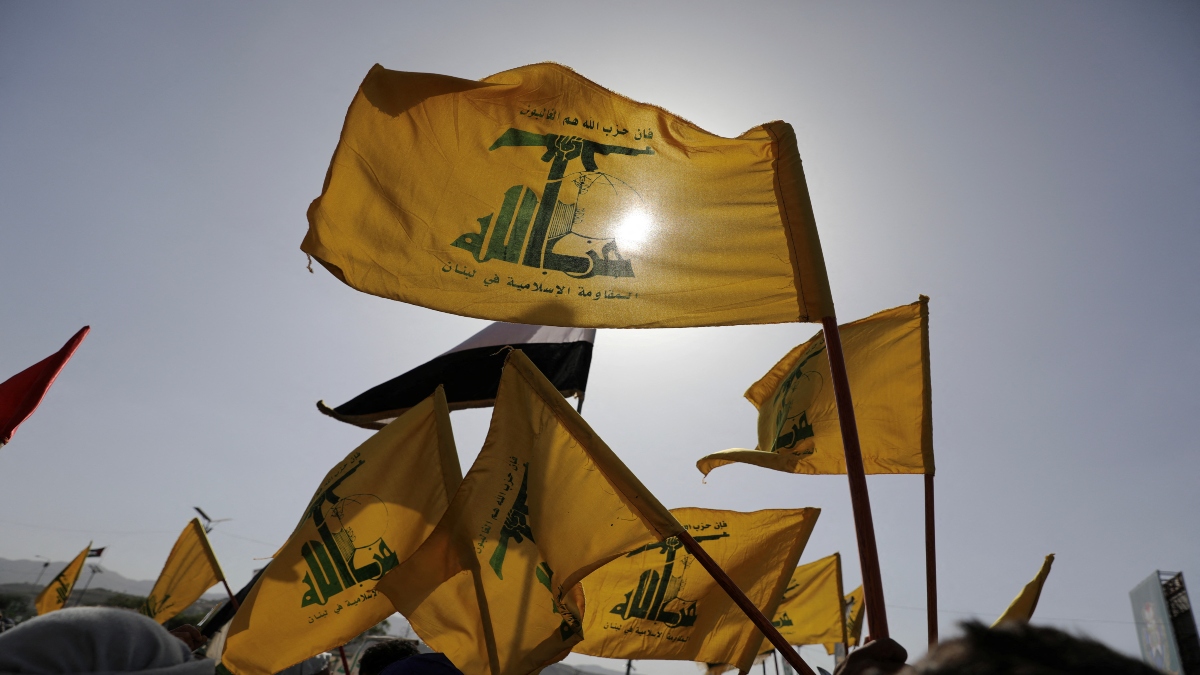Hezbollah is facing mounting pressure to disarm following a devastating war with Israel that shattered its leadership, weakened its military, and raised serious questions about its future in Lebanon’s political landscape.
Once hailed as the country’s most powerful armed force, Hezbollah now finds itself under intense scrutiny from both domestic and international actors. The group’s leader for over 30 years, Hassan Nasrallah, was killed during the conflict, and his mausoleum in southern Beirut has become a sombre rallying point for loyalists, New York Times reported.
The war, triggered by Hezbollah’s support for Hamas during the Gaza conflict, drew a heavy Israeli response. Senior Hezbollah commanders were killed, large swathes of southern Lebanon were bombed, and many fighters have since withdrawn. The Lebanese army, backed by UN forces, claims to have removed 90 per cent of Hezbollah’s weapons from the south.
The ceasefire agreement requires Hezbollah to vacate an 18-mile zone along the border and prohibits rearmament by nonstate groups. Israel, however, continues to occupy parts of southern Lebanon and launches regular airstrikes, further complicating enforcement.
Despite its weakened position, Hezbollah’s new leader Naim Qassem has vowed not to disarm while Israeli forces remain in Lebanon. But its ability to maintain this stance is increasingly uncertain, especially as the United States pushes for a swift disarmament timeline.
Internally, Lebanon is battling economic collapse and urgently needs billions in reconstruction aid. Western donors have made Hezbollah’s disarmament a condition for releasing funds, putting pressure on the government to act. President Joseph Aoun has said the Lebanese state must be the sole guarantor of national defence.
Impact Shorts
More ShortsIran, Hezbollah’s long-time patron, has stepped back. It remained on the sidelines during the conflict and has seen its influence in Syria, a key logistical route, decline. This has limited Hezbollah’s ability to replenish its arsenal.
Public support is also waning. In war-hit communities, many are disillusioned. While the group tries to project the war as a victory, residents speak of loss and destruction, not triumph. Anger is simmering in Hezbollah strongholds, where reconstruction has been slow and aid scarce.
Lebanon now faces a delicate balancing act: dismantle Hezbollah’s arsenal without triggering internal unrest. But as Hezbollah’s hold weakens and its allies retreat, the group may find itself with fewer options, and even fewer sympathisers.


)

)
)
)
)
)
)
)
)



